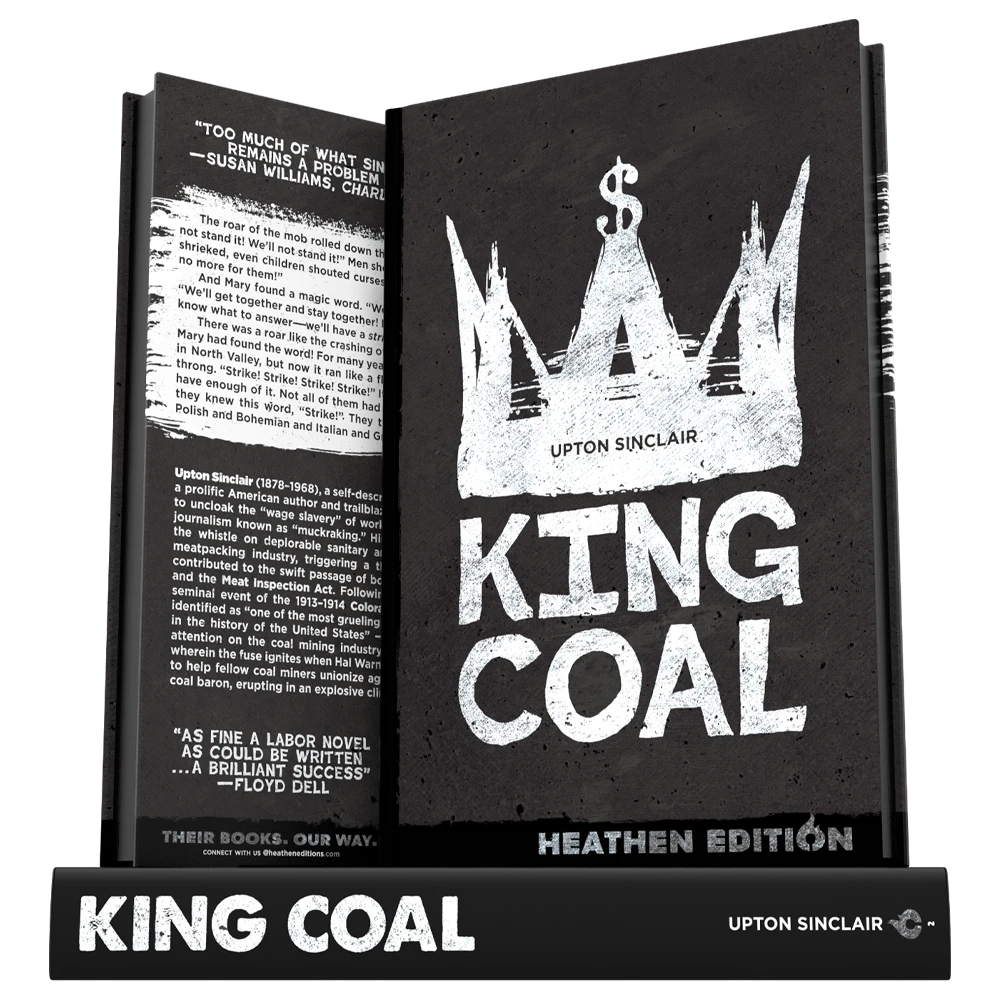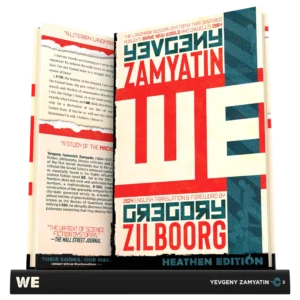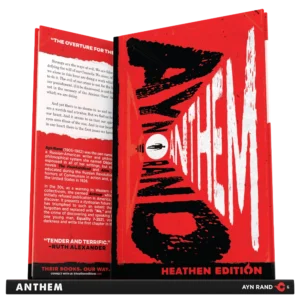No products in the cart.

King Coal
Spine #2
Author
Upton Sinclair
Translator
First Edition
September 1917
Heathen Edition
September 16, 2018
Refreshed
February 2, 2023
Pages
360
Heathen Genera
Rebellion 101
Paperback ISBN
978-1-948316-02-6
Hardcover ISBN
978-1-963228-02-1
The roar of the mob rolled down the street and back again. “We’ll not stand it! We’ll not stand it!” Men shook their clenched fists, women shrieked, even children shouted curses. “We’ll fight them! We’ll slave no more for them!”
And Mary found a magic word. “We’ll have a union!” she shouted. “We’ll get together and stay together! If they refuse us our rights, we’ll know what to answer–we’ll have a strike!”
There was a roar like the crashing of thunder in the mountains. Yes, Mary had found the word! For many years it had not been spoken aloud in North Valley, but now it ran like a flash of gunpowder through the throng. “Strike! Strike! Strike! Strike!” It seemed as if they would never have enough of it. Not all of them had understood Mary’s speech, but they knew this word, “Strike!” They translated and proclaimed it in Polish and Bohemian and Italian and Greek. “Strike! Strike! Strike!”
Upton Sinclair (1878-1968), a self-described socialist propagandist, was a prolific American author and trailblazing social crusader who sought to uncloak the “wage slavery” of workers by pioneering investigative journalism known as “muckraking.” His 1906 exposé The Jungle blew the whistle on deplorable sanitary and labor conditions in the U.S. meatpacking industry, triggering a thunderous public outrage that contributed to the swift passage of both the Pure Food and Drug Act and the Meat Inspection Act. Following the Ludlow Massacre — the seminal event of the 1913–1914 Colorado Coalfield War, and a strike identified as “one of the most grueling, long-lasting industrial conflicts in the history of the United States” — Sinclair focused his reformer attention on the coal mining industry with his 1917 novel King Coal, wherein the fuse ignites when Hal Warner relentlessly organizes a strike to help fellow coal miners unionize against a corrupt and exploitative coal baron, erupting in an explosive climax.
Test Your Might
Paperback
OTHER RETAILERS
Rate & Shelve It
Hardcover
OTHER RETAILERS
Rate & Shelve It
"Too much of what Sinclair writes about remains a problem in mines today."
Susan Williams
Charleston Gazette-Mail
Heathenry
Contents
Praise
Details
Heathenry
Either dictated by early twentieth-century American grammar style or maybe it was just personal preference, Mr. Sinclair used hyphenated words in extreme abundance throughout the original text. Being the Heathens that we are, we felt those hyphened words were dated, tedious, and trying for today’s eyes, so we opted to edit and update those words to reflect their modern equivalents. For example, “star-dust” has become “stardust” and “to-morrow” has become “tomorrow,” et al.
He also chose to hyphenate many coal mining terms that are not, in fact, hyphenated, even when compared to literature from that era, so we edited those words as well. That’s how a “check-weighman” becomes a “checkweighman” and a “pit-boss” becomes a “pit boss.”
And since we were editing the text anyway, we chose to jettison Sinclair’s use of British spellings in favor of their American counterparts.
All told, we’re most confident that our edition of King Coal is easier on the eyes and a far more enjoyable read as a result.
Indeed, when we look at the final product, we think Hal sang it best: Hurrah for you and me!
To learn more about the thought that went into the book design, check out Let’s Spotlight Heathen Edition #2.
Contents
Heathenry: Thoughts on the Text
Introduction
Book One: The Domain of King Coal
Book Two: The Serfs of King Coal
Book Three: The Henchmen of King Coal
Book Four: The Will of King Coal
Postscript
Introduction
Book One: The Domain of King Coal
Book Two: The Serfs of King Coal
Book Three: The Henchmen of King Coal
Book Four: The Will of King Coal
Postscript
Praise
“King Coal is to the mining world what Sinclair’s The Jungle is to the meat-packing industry.” –Library Journal
“Better than The Jungle, progresses swiftly, with many dramatic situations and a constant flow of incidents.” –The New York Times
“King Coal is perhaps as fine a labor novel as could be written . . . a brilliant success.” –Floyd Dell, Upton Sinclair: A Study in Social Protest
“Undoubtedly impressive, a masterly delineation.” –New York Tribune
“Nothing so brilliant and thrilling for many a day.” –Chicago News
“The technology in the novel moves with the muscles of men and mules. But aside from changes in technology, too much of what Sinclair writes about remains a problem in mines today.” –Susan Williams, Charleston Gazette-Mail
“It is seldom that truths concerning conditions in coal mines are brought to light in so readable and popular a form as Mr. Sinclair’s novel.” –Hazel Wilkinson, Social Thought in American Fiction
“I wish that every word of it could be burned deep into the heart of every American.” –Adolph Germer
“Sinclair’s achievement was impressive . . . He saw through the lies of his era and exposed a world long hidden from view. He showed compassion for the weak and the poor, the powerless and the despised . . . He fueled anger at injustice.” –Eric Schlosser
“When people ask me what has happened in my long lifetime I do not refer them to the newspaper files and to the authorities, but to [Sinclair’s] novels.” –George Bernard Shaw
Details
King Coal
Heathen Edition #2Format: Paperback
First Edition: September 16, 2018
Cover: Matte Finish
Interior: Black & White on Cream Paper
Language: English
Annotations: 79 Footnotes
Illustrations: 7
The Heathen Newsletter
Want to be kept in the loop about new Heathen Editions, receive discounts and random cat photos, and unwillingly partake in other tomfoolery? Subscribe to our newsletter! We promise we won’t harass you – much. Also, we require your first name so that we can personalize your emails. ❤️
@heatheneditions #heathenedition
Copyright © 2026 Heathen Creative, LLC. All rights reserved.



